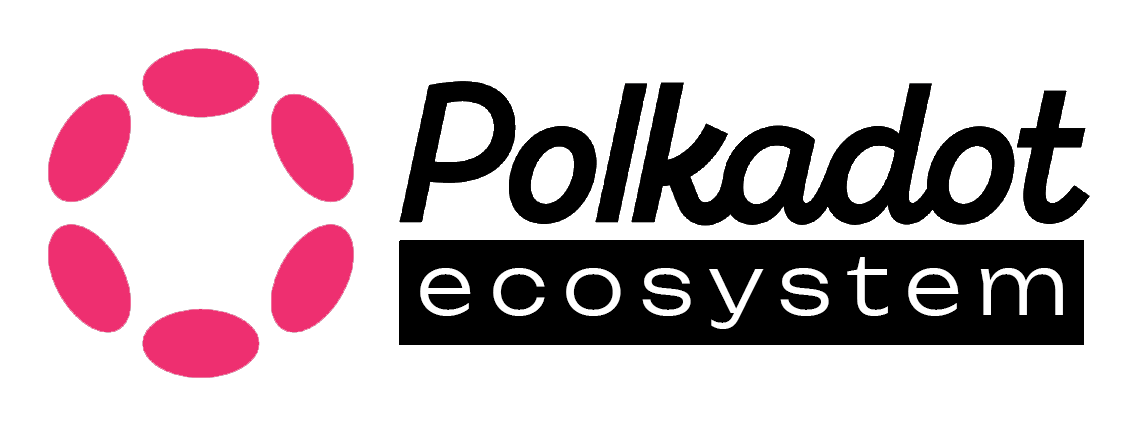IPNI - Will Scott
Esta página aún no está disponible en tu idioma.

At Sub0 Reset 2024, Will Scott, a long-time contributor to Protocol Labs, delivered a compelling talk titled “Approaching the ‘Decentralized Network’ Fabric: Can We Do Better?” The session explored the core principles, trade-offs, and real-world applications of decentralized networking, offering a nuanced view of the opportunities and challenges in designing robust and efficient decentralized systems.
Exploring Decentralized Network Fabric: Key Insights from Sub0 Reset 2024
This article delves into the highlights of Scotts presentation, shedding light on the complexities of decentralized networking, practical case studies, and strategies for optimizing existing compromises.
Understanding the Decentralized Ideal vs. Reality
Scott began by framing the ideal of decentralized networks as fully homogeneous systems where every node functions equally. However, he emphasized that achieving this ideal is virtually unattainable. Instead, most networks operate with significant compromises, often favoring heterogeneity to enhance efficiency, connectivity, or reliability.
Key Takeaways:
- Bootstrap nodes: Most decentralized networks rely on pre-configured bootstrap nodes for initial connectivity, introducing a layer of centralized trust.
- Trade-offs in design: Developers must balance between predictability and peer-to-peer connectivity, often favoring practical shortcuts that sacrifice the decentralized ideal for operational efficiency.
Scott argued that recognizing and leveraging these compromises can lead to better system design, particularly when focusing on optimization across networking layers.
Key Challenges in Decentralized Networking
1. Establishing Connections
At the foundational layer, decentralized networks depend on mechanisms to connect nodes and maintain communication. Common approaches include:
- Hard-coded bootstrap nodes: These serve as initial connection points but depend heavily on centralized trust.
- Consensus-driven updates: Networks like Tor employ directory authorities to maintain updated bootstrap lists, offering a middle ground between decentralization and operational efficiency.
- Fallback mechanisms: Some systems rely on centralized DNS infrastructure to distribute connection lists, further highlighting the tension between decentralization and practicality.
2. Content and Peer Discovery
Decentralized systems face inherent challenges in locating peers or content. Scott outlined two primary strategies:
- Super nodes with reputation systems: Nodes maintain local reputations, prioritizing connections with reliable peers.
- Distributed Hash Tables (DHTs): While DHTs offer a fully decentralized search mechanism, they often struggle with latency and scalability, especially in high-demand scenarios.
3. Consensus Mechanisms
Consensus protocols underpin decentralized networks, yet they also embody trade-offs:
- Homogeneous vs. structured networks: Fully decentralized Byzantine Fault Tolerance (BFT) systems offer robustness but lack efficiency compared to structured systems with limited, trusted validators.
- Efficiency vs. trust: Structured consensus mechanisms sacrifice decentralization for speed, reflecting the ongoing debate across blockchain ecosystems.
Case Studies: Leveraging Cross-Layer Optimization
Scott illustrated the potential of embracing compromises through two compelling case studies:
Emerald Onion: Optimizing Tor Exit Services
Emerald Onion, a nonprofit ISP, was established to enhance Tor’s exit node infrastructure. Key insights included:
- Economies of scale: Bandwidth costs decrease non-linearly as data throughput increases, incentivizing centralization at higher networking layers.
- Cross-border optimization: By strategically routing traffic through specific geographic points, Emerald Onion improved user privacy while reducing costs.
Scott highlighted the importance of exploring networking layers to achieve better performance and resilience, even within a decentralized framework.
IPNI: Redefining Distributed Search
The IPNI (InterPlanetary Name Index) project emerged as a response to the limitations of DHTs in decentralized networks like IPFS. Key features include:
- Super nodes for search: By centralizing hash tables into super nodes, IPNI delivers faster query responses compared to traditional DHTs.
- Federated design: While heterogeneous, the system maintains dece
About the Speaker: Will Scott
Will is a web hacker, focused on making the web better - by building technical systems to make progress on the interwoven access, privacy, cultural, and security problems that exist today.
He’s worked as a software engineer at Google on Gmail, Google+, and Google ideas. Will completed grad school at the University of Washington in 2016, with projects measuring and addressing online censorship. He has worked and studied in China and taught computer science in North Korea.
He currently holds a position as Research Engineer at Protocol Labs working on IPFS.

